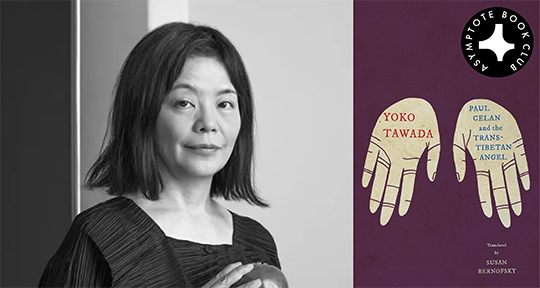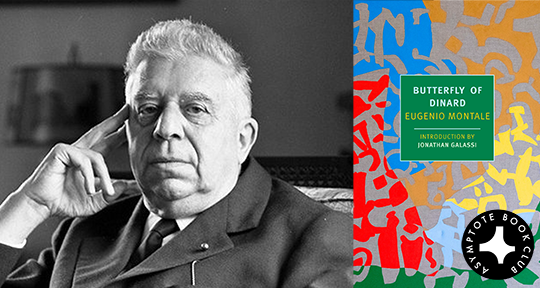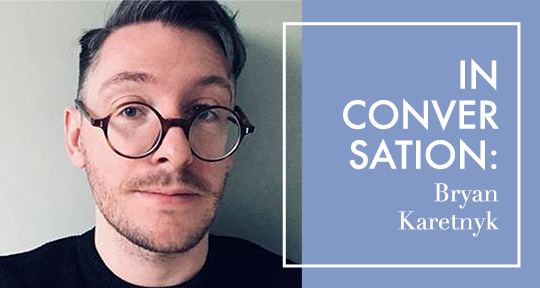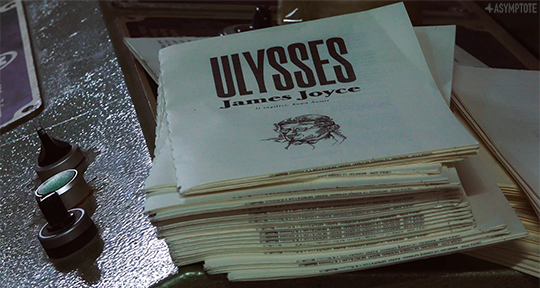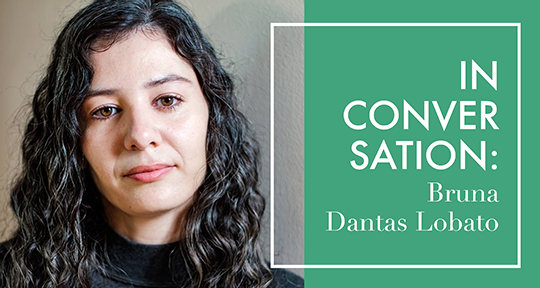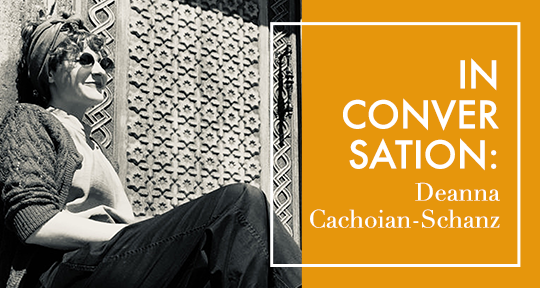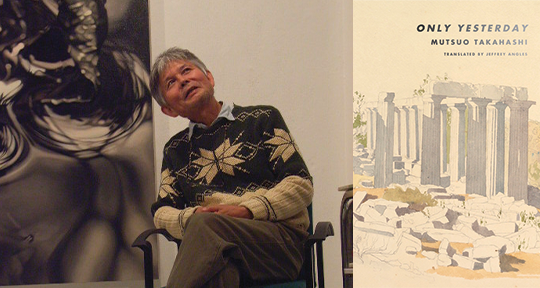Yoko Tawada’s latest novel, Paul Celan and the Trans-Tibetan Angel, presents us with the anatomy of a mind consumed by passion for a dead poet’s oeuvre. Ostensibly narrating the tale of a literary scholar mired in pandemic-era depression, the text expands into a reflection on various forms of friendship—and, one might venture, redemption—that might inhere between readers. At the same time, Tawada deftly traverses voice and perspective to meditate on language as pastiche, ventriloquizing another’s words within the space of one’s own consciousness. With this mysterious work, the German-Japanese author furthers her interest in questions of alienation and affinity across interpersonal, cultural, and temporal realms—polyvocal inheritances that are evocatively staged in Susan Bernofsky’s layered translation from the German. To enact and pay tribute to Tawada’s dialogic style through the spirit of collaboration, Blog Editor Xiao Yue Shan and Assistant Managing Editor Alex Tan decided—for the first time in the Asymptote Book Club’s history—to co-write this following review.
The Asymptote Book Club aspires to bring the best in translated fiction every month to readers around the world. You can sign up to receive next month’s selection on our website for as little as USD20 per book; once you’re a member, join our Facebook group for exclusive book club discussions and receive invitations to our members-only Zoom interviews with the author or the translator of each title.
Paul Celan and the Trans-Tibetan Angel by Yoko Tawada, translated from the German by Susan Bernofsky, New Directions (US) and Dialogue Books (UK), 2024
Paul Celan’s is a poetry riddled with hiatus and dislocation. Words are condensed into weighty German compounds or displaced into shreds, as if in a dream; adverbs are turned into nouns, and pronouns and prefixes are broken off, left stranded on the blank page. In the shadow of the Holocaust, his language concurrently reached for and estranged the singularity of experience, resulting in a body of work that yearns for nothing so much as silence—for that which writing itself would annul: something “absolutely untouched by language,” in philosopher Philippe Lacoue-Labarthe’s phrase. Poetry, as gesture, becomes nothing but the contour of an intention to speak, against which presence is felt only as a silhouette.
For the writer Yoko Tawada, Celan’s poems are less storehouses than “openings,” thresholds onto the inexpressible. What she gravitates toward, in the compact verse, is everything that resists and goes beyond the flatly nationalistic, the “typically German.” In her own literary production, she toggles adroitly between German and Japanese, writing across the two; her earlier novel The Naked Eye, for instance, was originally composed in both languages. Not only does Tawada seek unanticipated constellations of affinity with the foreign, she also refutes the common instinct to read literary texts for ethnographic value, consistently underscoring the mutability of selfhood, its unfixed boundaries.
Her latest novel, the pandemic-inflected Paul Celan and the Trans-Tibetan Angel, draws on the surrealist toolbox to sketch a solipsistic, obsessive mind haunted by Celan’s turns of phrase, floating through the ghostly streets of Berlin. Imprisoned in alienation and “intermission-loneliness,” he is known to us initially as “the patient,” his identity tethered to an unspecified malady. His name Patrik arrives almost as an afterthought several pages in, amid scrambled reflections on the pronouns with which he designates himself in his interior soliloquies. In his vacillations between the first person and third person, he is perhaps heart-sick, struggling to survive and bear with the burden of himself: “Opening hurts. Closing brings comfort.” READ MORE…

